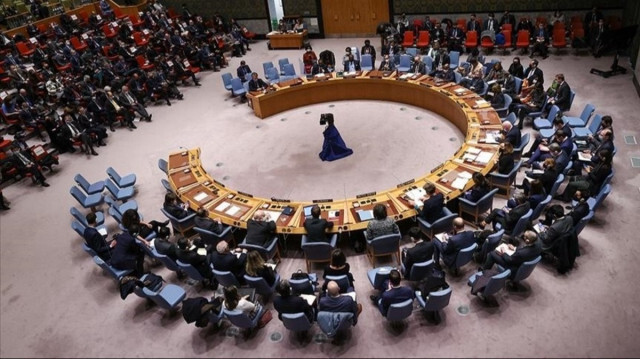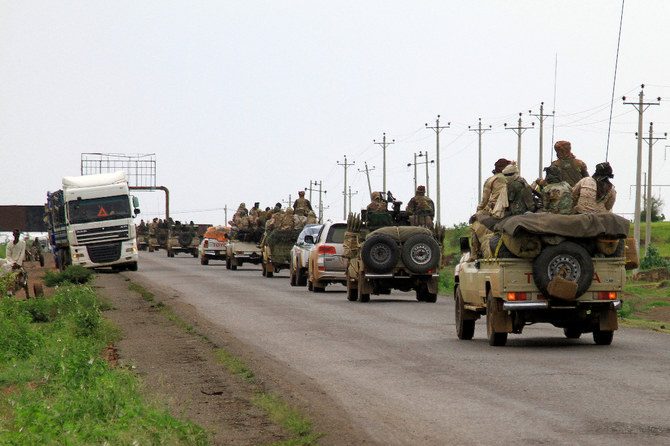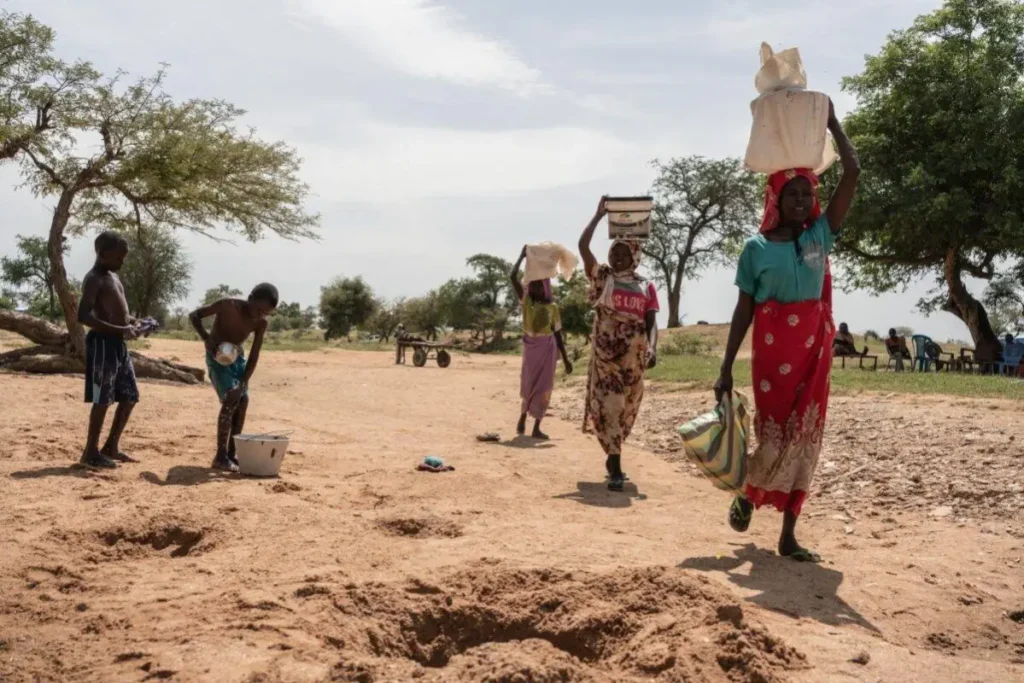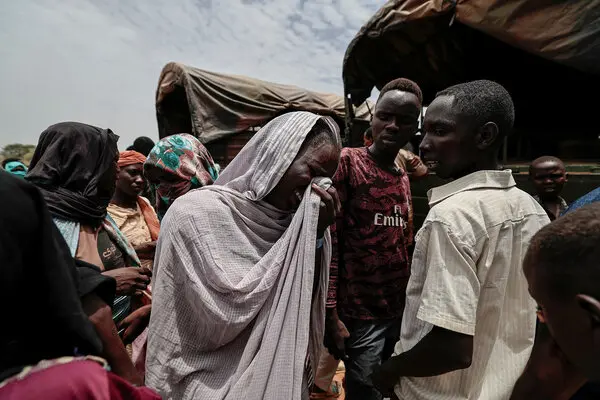
The UN on Friday underscored the unfolding humanitarian catastrophe in Sudan, urging immediate international intervention to address the dire situation.
Emphasizing that the Sudanese people have “endured unbearable suffering” since start of the fighting in Sudan, Under-Secretary-General for Political and Peacebuilding Affairs Rosemary DiCarlo told a UN Security Council session that “Both parties have failed to protect civilians. Over 14,000 people have been killed and tens of thousands wounded.”
Highlighting the staggering scale of the crisis, DiCarlo said, “Fully half the country’s population – 25 million people – need lifesaving assistance,” while also noting that more than 8.6 million individuals have been forcibly displaced, including 1.8 million refugees.
She detailed the atrocities plaguing Sudan, citing reports of widespread sexual violence, recruitment of children by parties to the conflict, and extensive use of torture and arbitrary detention.
“This is a crisis of epic proportions. It is also wholly manmade,” she said.
Criticizing the warring parties for ignoring calls to cease hostilities and instead intensifying preparations for further fighting, DiCarlo said: “A renewed push for peace also means continuing our work on Sudan’s democratic transition – by supporting and empowering civilians — including women’s rights groups and young people.”
Referring to a recent Paris conference, she emphasized the need to build on its momentum to end the fighting and steer Sudan towards inclusive democracy and recovery.
“This is a shared responsibility. We must spare no effort in supporting the Sudanese people in their aspirations for a peaceful and secure future,” DiCarlo concluded, rallying support for the beleaguered nation.
Over 9 million Sudanese in need of humanitarian aid
Edem Wosornu, director of the UN Office for the Coordination of Humanitarian Affairs Operations and Advocacy Division, also sounded the alarm on the worsening humanitarian situation in Sudan.
“The violence poses an extreme and immediate danger to the 800,000 civilians who reside in El Fasher. And it risks triggering further violence in other parts of Darfur – where more than 9 million people are in dire need of humanitarian assistance,” she emphasized.
Stressing the urgent need to protect vulnerable populations, Wosornu said “As we warned in the Council last month, food insecurity in Sudan has reached record levels, with the risk of famine now guiding the response.”
“Let me reiterate that 18 million people are facing acute hunger, a number that is set to surge as the lean season fast approaches,” she added.
She urged swift action to prevent famine and alleviate the suffering of the 18 million people facing acute hunger.
To address the crisis, Wosornu outlined three critical actions; “scaled-up action to protect civilians and facilitate humanitarian access,” “quick disbursement of funds for the humanitarian response,” and “more international engagement to silence the guns.”
She concluded by urging collective action, stating, “We cannot do this alone. We need your help. Now is the time to act, before it is too late.”
Sudan’s conflict, ongoing for a year, follows Omar al-Bashir’s overthrow.
Despite mediation efforts and peace initiatives, it persists, resulting in thousands of deaths and millions displaced, fueling a humanitarian crisis.
Omar al-Bashir is a Sudanese former military officer and politician who served as Sudan’s head of state under various titles from 1989 until 2019.




